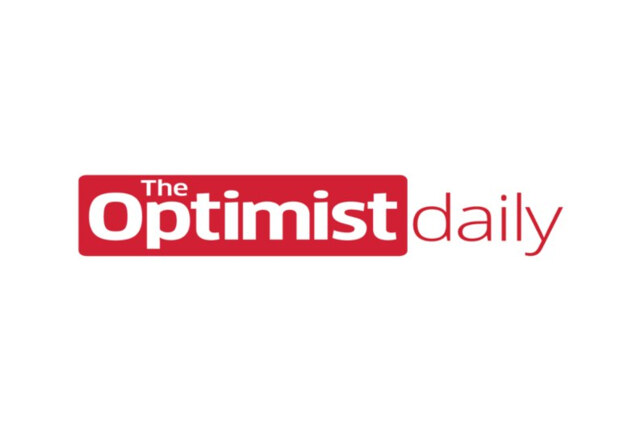How many times a day do you check your phone? A dozen? More? A Times magazine study found the average was 110: The average person unlocks their phone 110 times a day. But that’s understandable, many times it’s for work—you have to. Technological innovations catalyze productivity, boost job performance, and are a key part of becoming successful. That’s the story we’ve been pitched for the past decade and the pill we’ve all swallowed, myself included. Greg McKeown, author of the bestseller Essentialism, thinks that thought process is dead wrong. McKeown believes that our increased availability stifles creativity, and truncates our professional careers into being jack-of-all trades instead of highly skilled artisans. His arguments are convincing, if you focus on one thing you will become great at it, if you divide your time endlessly you will be so-so at a million things. The key is knowing what to focus on, when to focus on it, and how to set aside the stuff that just isn’t essential.
The Intelligent Optimist: What’s the context for essentialism?
Greg McKeown: “Life today is fast, and full of opportunity. The complication is that we’ve been sold the idea that if you can fit it in, you should fit it in. The reality of that is we really only make a millimeter of progress in a million different directions, and we’re stressed out in the process. My position is that we can make a totally different choice, we can learn a whole different way of thinking where we focus on what’s essential, eliminate what’s not, and as a result, breakthrough to the next level.”
TIO: How do I know what’s essential?
GM: “You can’t answer that question with a tip here or a trick there. It’s not “I’m going to try essentialism.” It’s “I’m going to become an essentialist.” You have to set aside a few hours each week with nothing planned to decide what’s essential, and what you should be focusing on. It’s creating space to answer this question, and grapple with it. If you want to achieve something great you have to be an essentialist.”
TIO: Is this for everyone?
GM: “I 100% think that it’s something for everyone. Here’s why: Because it’s not a content program. People want to make something great with their life. If you laid the question out in front of people and asked “You can either be truly great at a few things, or very average at many,” almost everyone would chose to do a few things great. But the thing is they’re unaware that the choice has already been made for them, it’s weighted against them. People aren’t making a deliberate choice, and they’re just falling completely into the first. My job is to point out that there is this strategic choice being made, and maybe they want to choose a different one.”
TIO: So essentialism is saying ‘no’ and only doing a few things?
GM: “Essentialism is not just about saying ‘no’. It’s not no-ism. It’s about what’s essential—creating space for what’s essential, and pursuing what’s essential. And as a result of that, of course you’ll eliminate what’s not essential. In the world of non-essentialism we’re saying no all the time, we’re saying ‘no’ to being great, in favor of saying yes to a little bit of all of it. It’s all about taking time, exploring, and finally when you have a definitive answer you pull the trigger, and bet big.”
Find out more on McKeown’s website.
Book image courtesy of Greg McKeown and Crown Business, an imprint of the Crown Publishing Group, a division of Random House LLC, a Penguin Random House Company.













